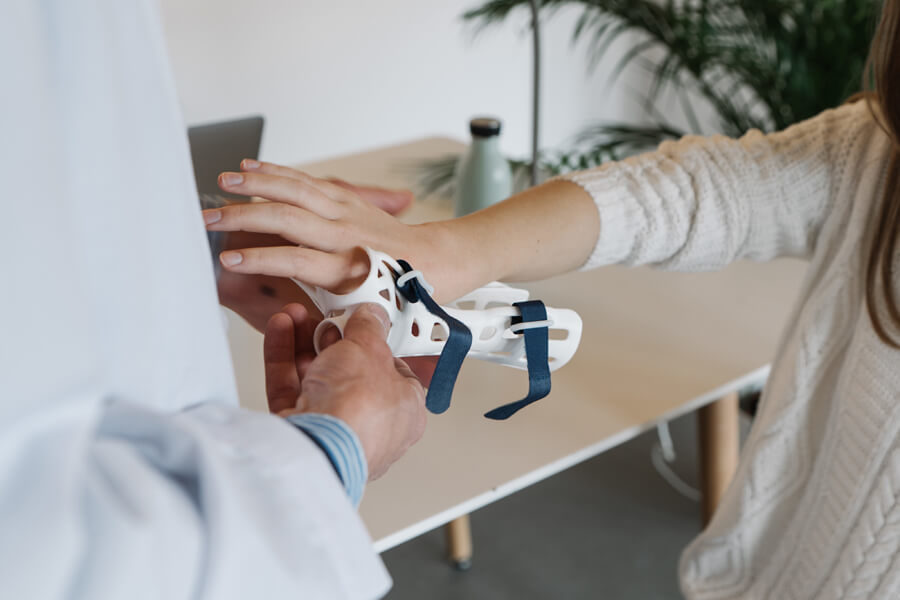Minister launches project to tackle chronic pain

DATE
TYPE Prevention Centre News
Funded by one of the first disbursements of the Medical Research Future Fund under its Boosting Prevention program, the project seeks to find effective, sustainable models that can be implemented in primary care to identify patients at risk of developing chronic, disabling pain or those whose pain is not being managed appropriately.
“This project is based on the assumption that the key is access to effective prevention, self-management and non-pharmacological pain management. Latest evidence estimated that 83 per cent of people could be treated effectively if they had access to this type of service,” Minister Hunt said.
“If pain can be better managed and treated then we will improve the quality of life for thousands of Australians and potentially reduce dependence on medications such as codeine.”
One in five Australians lives with chronic pain, and this prevalence is likely to increase as Australia’s population ages. It is predicted that 5 million Australians will have severe, disabling pain by 2050, impacting their ability to work, reducing quality of life, and costing Australia more than $34 billion per year.
Pain particularly impacts vulnerable groups, such as those with mental health issues, women and children, and is more prevalent in lower socio-economic communities.
A key issue is the lack of access to specialist pain management services, especially in rural, regional and remote areas. Few people with chronic non-cancer pain gain access to effective care, even though it is likely that most could be treated successfully if they could access services.
Project lead, Professor Fiona Blyth AM, said the research aimed to arm GPs with achievable, sustainable ways of preventing people from progressing to disabling chronic pain, thus reducing reduce demand for opioids and other pain management services.
“The key to preventing chronic disabling pain is to identify people early in their pain journey,” said Professor Blyth, who has recently been appointed a Member in the Order of Australia for her significant service to medical research and education in the field of public health, pain management and ageing, and to health policy reform.
“We know that primary care has a crucial role to play because GPs are often the first port of call for people in pain.”
The project will identify models of early intervention that work for prevention of chronic disabling pain in primary care. It will develop a tool for Primary Health Networks to assess which models are most appropriate to local contexts, and which resources are required.
”Good pain management based on a comprehensive assessment can make a tremendous difference to the lives of people who struggle with pain,” Professor Blyth said.



